Károly Kovács
Nacimiento : 1902-01-19, Mezõszilas, Austria-Hungary [now Hungary]
Muerte : 1990-12-10
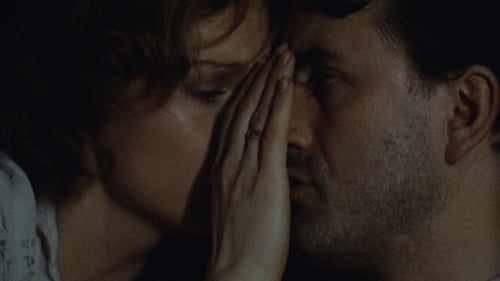
Janos y Kata se ven obligados a hacerse pasar por pareja si no quieren verse deportados por los nazis cuando ocupan Hungría. La relación irá profundizándose hasta el punto de enamorarse.
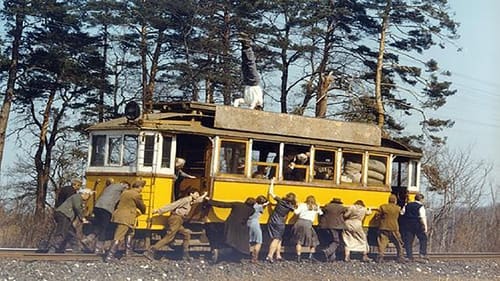
Tablós
"Budapest Tales" is about a group of people (consisting of Szabo regular Andras Balint along with Ildiko Bansagi and Karoly Kovacs) who find a broken down tram while trying to go to the city. The people band together and try to get the tram back on the train tracks and head towards the city. Along this journey the passengers encounter many people who join them on the tram. What started out as only a handful of people has now turned into a small village. As the people travel on to the city each person takes on certain roles and through the course of time these roles will change. Some people fall in love, others out of love, and a few even die. But life goes on. The people keep the tram going hoping to reach Budapest.

Gazsi bácsi
A comedy about a group of children who are spending summer vacation alone in the nature.

Father of Maria
On one hot summer night, the residents of a Hungarian apartment house slated for demolition restlessly revisit their haunted pasts as they face an uncertain future. In a gently turning kaleidoscope of dream imagery, regret-laden nostalgia and painstakingly intimate detail, the looming wrecking ball pales in significance to the accumulated experiences each dreamer revisits. Pre-war prejudice, occupying Nazis and Stalinist deprivations all come and go as each tenant’s backward glance yields moments of aching sensuality, infectious exuberance and catastrophic loss.

Pali bácsi
Baradla Géza, war criminal, returns after 25 years, with his ex-accomplice, Obrád Simon, to the village where he burned houses with people inside and executed partisans. The ex squad-leader is chased to this place by his "heroic deed" and the memory of his love. Like a maniac, he wants to forgive the village residents for having killed six of his soldiers.

Feature film version of the 1971 series.

Müller kiadó

Klein bácsi

Öreg

Bonta
Kerekes (Antal Pager) believes he is wanted by the police when his friends play a practical joke in this unusual comedy drama. He returns to his hometown where he was accused of turning a Jewish druggist and the druggist's wife over to the Nazis. With his friends following him, Kerekes tries to find out what became of the couple after they were deported. After being subjected to a mock trial by his friends -- and found guilty -- Kerekes becomes despondent and attempts to kill himself. Flashbacks and hallucinations are employed to tell this story that occurs during the Eichmann trial. Both the film and Antal Pager gained some unwanted publicity when a Variety article from April 23rd, 1967 accused Pager of being a Nazi collaborator for his role in an anti-Semitic film during World War II.

Baxter

Ballay ezredes
Andras Kovacs' film, considered one of the most important Hungarian films of the 1960s, centers around four men who await trial for their involvement in the massacre of several thousand Jewish and Serbian people of Novi Sad in 1942. Each denies any responsibility, claiming that they were only following orders. The film is significant for its willingness to address the subject of Hungary's role in WWII, which was taboo at the time of the its release.
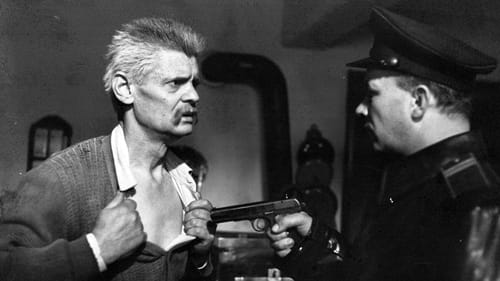
council member
A crusading newspaper reporter covers the Soviet invasion of Hungary in 1956. Initially critical of the communists, the feature later espouses the virtues of the social changes implemented since the invasion. The title refers to the period of time the reporter spent interviewing witnesses to the invasion.

Miniszter

1920 in a mining town in the country-side. The team of children led by Ferkó Boda fish guns and a flag of Red soldiers out of the local lake.

On the eve of World War II, Major Benedek Zoltán is an embodiment of the service regulations in the army. He only discloses his feelings towards Anna, his brother's widow. An investigation is conducted in the regiment to identify Communists.

Palojtay

Sipos is a lawyer
The old, sickly Demeter Lapussa is a tyrant in the family. He forces his granddaughter, the beautiful Henriette, to marry baron Hátszegi, although the girl loves the penniless Vámhidy Szilárd. The two lovers attempt to commit suicide, then are torn away from each other.

Vízy Kornél
The young maid, Anna starts to work for the noble Vizy family. Mrs Vizy is proud of the hard-working servant but doesnt treat her well. Her nephew seduces Anna with sweet words, but when leaves her as soon as she gets pregnant. The humiliations of Anna finally lead to a tragic ending.

uncle Feri
Laci Ács the two-time Olympic champion boxer suffers his first defeat on an international tour that his coach was heavily against. After a tough period he starts working hard to get back into the ring, win back the coach's trust and win his third gold at the Olympics. Starring real three-time Olympic gold medalist boxing legend László Papp.

Nagy István, the formerly poor peasant boy returns to his native village as a teacher. His conviction is that the abyss between rich and poor can be diminished by good will. The rich Böröcz Horváth Klári returns his love, and also Böröcz Horváth is willing to help the poorest family, the Bakos. Bakos Jóska, who was sent to serve the tough Böröcz Horváth as a payment, dies of an infected wound and the people in the village hold the teacher liable as well. Nagy István realises, that the abyss cannot be ceased, what is more, it is impassable. He breaks up with his fiancée and stands by the side of the poor.
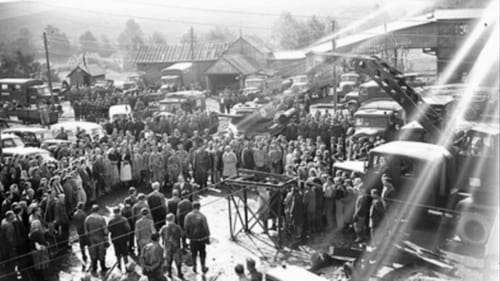
Cseke
September 1952 in a mine in Northern-Hungary after an explosion water breaks in from the neighbouring shaft and fourteen miners become trapped. The whole country unites to save them.

March 15, 1848; the revolution breaks out in the town of Pest. Yet at café Pilvax, in among he revolutionary youth, there is the informer of the imperial court as well. Hearing the news of the attack led by Jellasics, the inhabitants of the villages pour into the national army, and Hajdú Gyurka also escapes from his landlord. Petőfi is there at the camp of the revolutionaries, raising them to enthusiasm with his poetry.
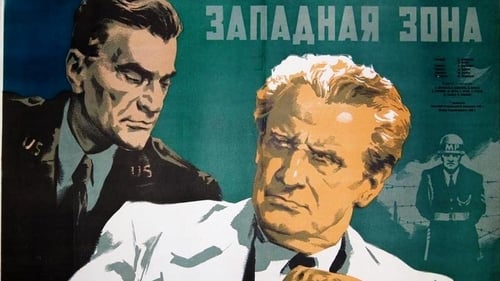
Dr. Conrad
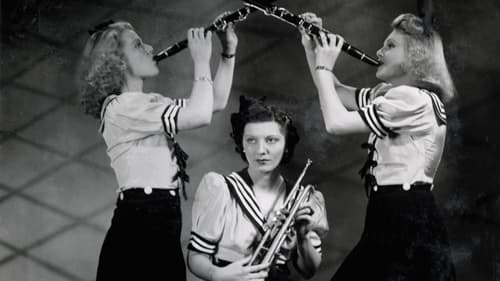
Lali
Two girls run away from a small village. Gyöngyi comes from an aristocratic family and her father throws her out of the house when he discovers she has gotten pregnant out of wedlock. She finds herself wandering the streets of Budapest and earns money playing the violin in a restaurant. Vica is an orphaned peasant; she is afraid of her stepfather and moves to the city where she gets a job on a construction site. Gyöngyi and Vica meet on the streets of Budapest, move in together and turn their lives around.
















